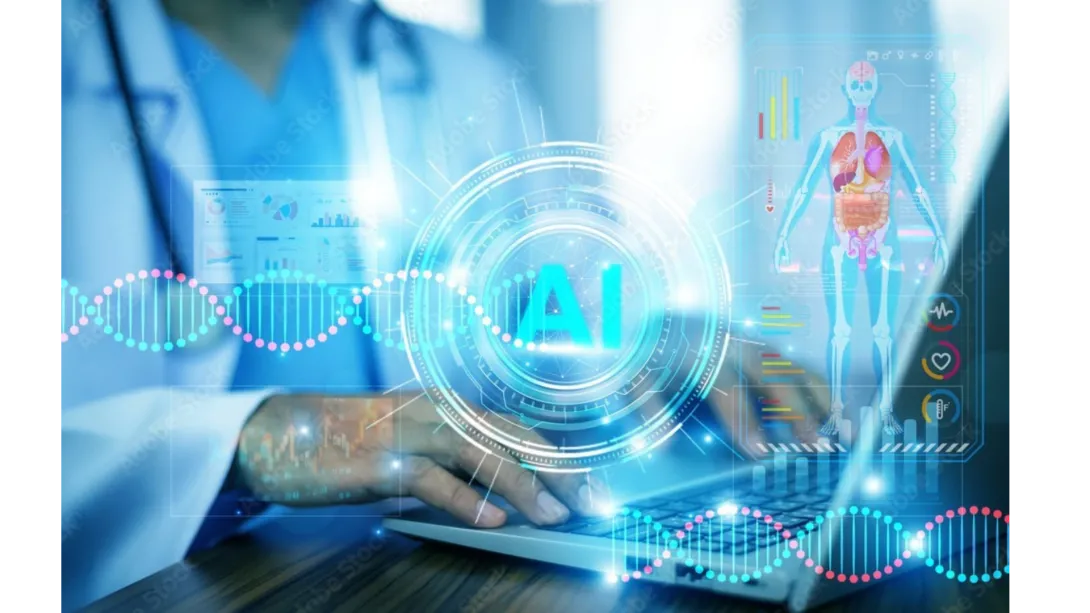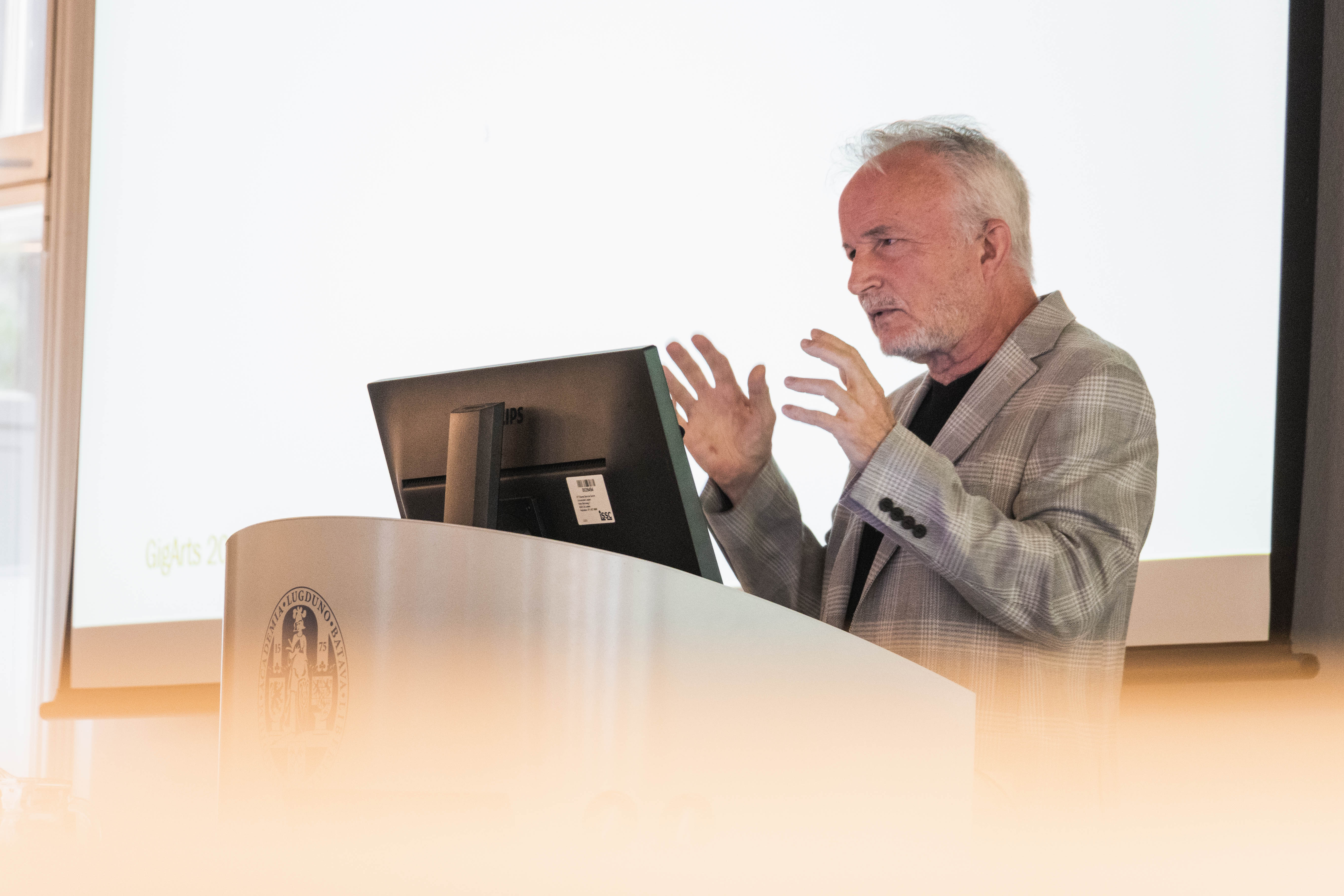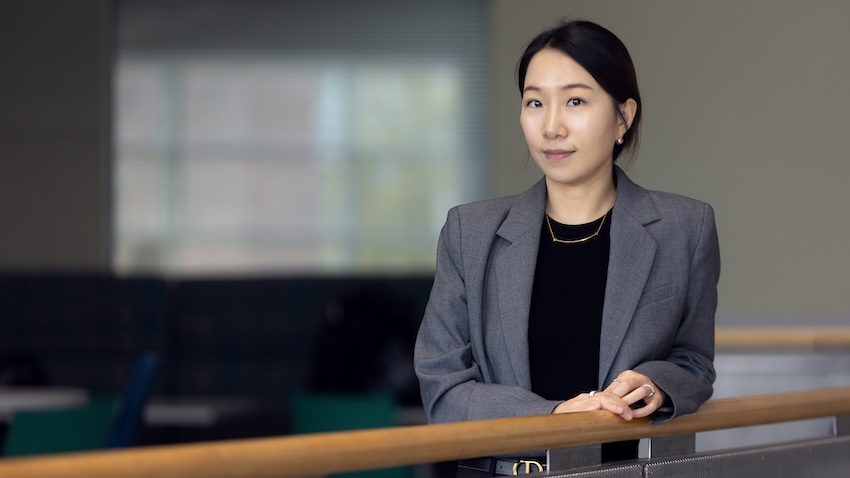Sep. 02, 2025
In the morning, before you even open your eyes, your wearable device has already checked your vitals. By the time you brush your teeth, it has scanned your sleep patterns, flagged a slight irregularity, and adjusted your health plan. As you take your first sip of coffee, it’s already predicted your risks for the week ahead.
Georgia Tech researchers warn that this version of AI healthcare imagines a patient who is "affluent, able-bodied, tech-savvy, and always available." Those who don’t fit that mold, they argue, risk becoming invisible in the healthcare system.
The Ideal Future
In their study, published in the Proceedings of the ACM Conference on Human Factors in Computing Systems, the researchers analyzed 21 AI-driven health tools, ranging from fertility apps and wearable devices to diagnostic platforms and chatbots. They used sociological theory to understand the vision of the future these tools promote — and the patients they leave out.
“These systems envision care that is seamless, automatic, and always on,” said Catherine Wieczorek, a Ph.D. student in human-centered computing in the School of Interactive Computing and lead author of the study. “But they also flatten the messy realities of illness, disability, and socioeconomic complexity.”
Four Futures, One Narrow Lens
During their analysis, the researchers discovered four recurring narratives in AI-powered healthcare:
- Care that never sleeps. Devices track your heart rate, glucose levels, and fertility signals — all in real time. You are always being watched, because that’s framed as “care.”
- Efficiency as empathy. AI is faster, more objective, and more accurate. Unlike humans, it doesn’t get tired or biased. This pitch downplays the value of human judgment and connection.
- Prevention as perfection. A world where illness is avoided through early detection if you have the right sensors, the right app, and the right lifestyle.
- The optimized body. You’re not just healthy, you’re high-performing. The tech isn’t just treating you; it’s upgrading you.
“It’s like healthcare is becoming a productivity tool,” Wieczorek said. “You’re not just a patient anymore. You’re a project.”
Not Just a Tool, But a Teammate
This study also points to a critical transformation in which AI is no longer just a diagnostic tool; it’s a decision-maker. Described by the researchers as “both an agent and a gatekeeper,” AI now plays an active role in how care is delivered.
In some cases, AI systems are even named and personified, like Chloe, an IVF decision-support tool. “Chloe equips clinicians with the power of AI to work better and faster,” its promotional materials state. By framing AI this way — as a collaborator rather than just software — these systems subtly redefine who, or what, gets to be treated.
“When you give AI names, personalities, or decision-making roles, you’re doing more than programming. You’re shifting accountability and agency. That has consequences,” said Shaowen Bardzell, chair of Georgia Tech’s School of Interactive Computing and co-author of the study.
“It blurs the boundaries,” Wieczorek noted. “When AI takes on these roles, it’s reshaping how decisions are made and who holds authority in care.”
Calculated Care
Many AI tools promise early detection, hyper-efficiency, and optimized outcomes. But the study found that these systems risk sidelining patients with chronic illness, disabilities, or complex medical needs — the very people who rely most on healthcare.
“These technologies are selling worldviews,” Wieczorek explained. “They’re quietly defining who healthcare is for, and who it isn’t.”
By prioritizing predictive algorithms and automation, AI can strip away the context and humanity that real-world care requires.
“Algorithms don’t see nuance. It’s difficult for a model to understand how a patient might be juggling multiple diagnoses or understand what it means to manage illness, while also navigating other important concerns like financial insecurity or caregiving. They are predetermined inputs and outputs,” Wieczorek said. “While these systems claim to streamline care, they are also encoding assumptions about who matters and how care should work. And when those assumptions go unchallenged, the most vulnerable patients are often the ones left out.”
AI for ALL
The researchers argue that future AI systems must be developed in collaboration with those who don’t fit in the vision of a “perfect patient.”
“Innovation without ethics risks reinforcing existing inequalities. It’s about better tech and better outcomes for real people,” Bardzell said. “We’re not anti-innovation. But technological progress isn’t just about what we can do. It’s about what we should do — and for whom.”
Wieczorek and Bardzell aren’t trying to stop AI from entering healthcare. They’re asking AI developers to understand who they’re really serving.
Funding:
This work was supported by the National Science Foundation (Grant #2418059).
News Contact
Michelle Azriel, Sr. Writer-Editor





